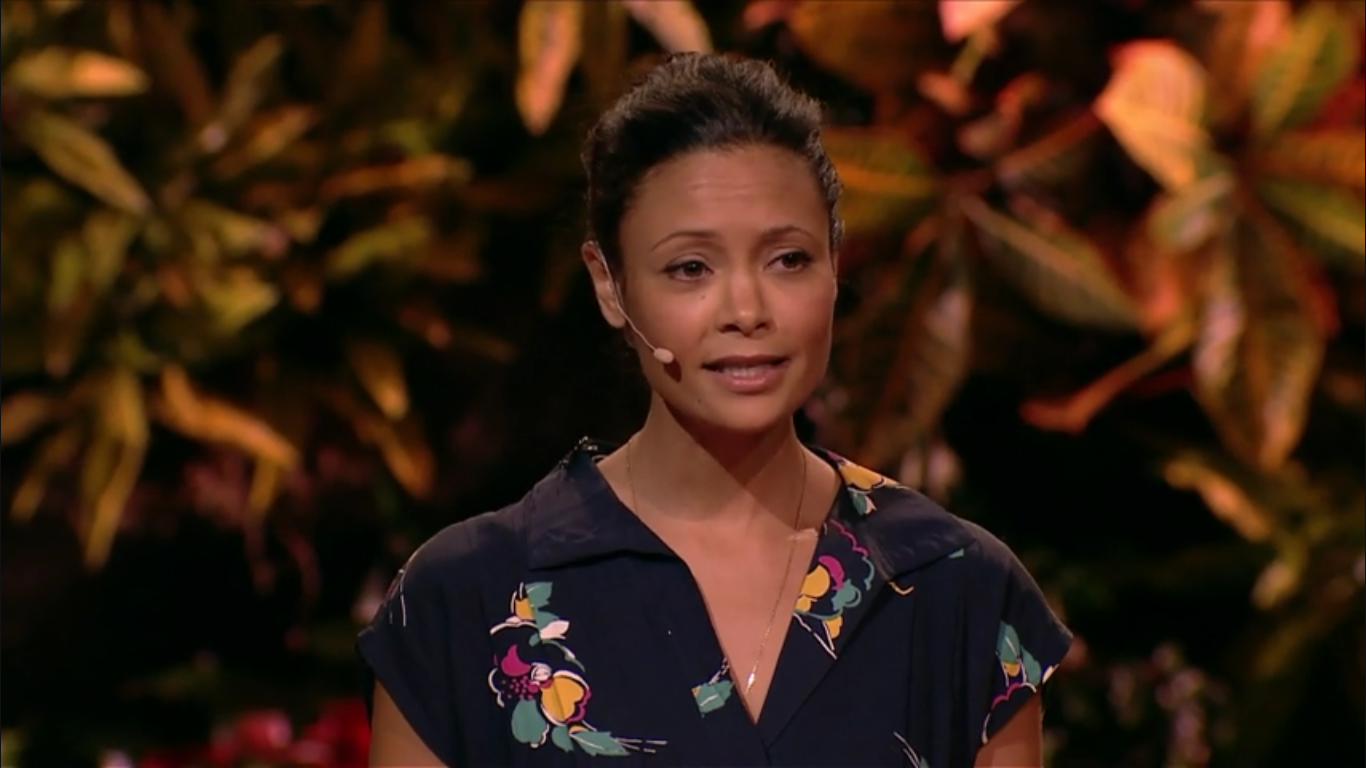Some Mormons, other Christians, and perhaps people generally, are uncomfortable with the idea that the truth is found within us. They might consider this to be incompatible with the gospel, navel-gazing, narcissism, and selfishness. But I think the whole purpose and goal of the Christian gospel, and of spirituality more generally, is to help us discover that Truth is at the core of our being, which is our divine nature in God, in Reality. This is beyond all that is "selfish" in us, reaching the ground of who and what we really are.
Tag: false self
Is There a “Healthy” Ego?
In spirituality and mysticism we often encounter discussion about the ego, the psychological self, the "self" that we think we are. This is often referred to as a kind of illusion, something to rid ourselves of to see reality as it really is. It is called an obstruction, a veil, something which hides the Divine from us, which obscures our perception, and that it must be torn from top to bottom and done away. Sometimes mystics loudly loathe the ego, punish the ego, call for its death, its annihilation, its crucifixion, its extinguishment, extinction, falling away, passing away. This all sounds quite harsh to the "self" that we think we are, and so some spiritual teachers deny that we need to eradicate the ego, but rather transform it into something good. Which is it? Do we need to allow the ego to fall away, or transform it into a "healthy" ego? I'll share some of my thoughts about that.
Ego Dissolution or No Ego Dissolution?
There seems to be an ongoing discussion on the nature of the ego in mysticism and mystical transcendence. On the one hand, some say that the ego-self does not die, but is transformed. On the other hand, some say that ego-self does die, and something else emerges in its place. Which is more accurate? Or could they both have truth?
What Good is the Ego-Self?
Over the past several months I've explored the nature of the human ego as it relates to spirituality in many of the major religious and spiritual traditions, as well as in science. As I noted in a series of posts, it seems that a recurrent theme throughout many of them is the idea of sacrificing ego, overcoming ego, transcending ego, even experiencing a kind of "death" of the ego, so as to realize the true nature of the self, of reality, and of God. We might ask then, what good is the ego? Is it all bad? Do we want to destroy our ego? Is that true spirituality?
Video: Harvard Buddhist Psychologist on the Constructed “Self”
I thought this short video was a beautiful summary and illustration of Buddhist philosophy from Dr. Daniel Brown, a Harvard Psychologist and Tibetan Buddhism scholar. I believe this philosophy may similarly be found in most of the world's religions, framed in a multitude of different symbols. This is perennial wisdom.
“Embracing Otherness, Embracing Myself” by Thandie Newton
This is one of the most beautiful TED talks I have ever seen. It is simple and pure goodness, light, and beauty. Thandie Newton is a wise and humble soul, as well as a fantastic actor. Let her words sink in deeply.
Our Two Selves in Life
Each of us goes through life with two main selves. Most people remain aware of only one of them directly, which is the first one.
D&C 101:42 BHT, Exalting One’s Self vs Humbling One’s Self
An addition to the BHT, about exalting the false self versus humbling the false self.
The Ego & the True Human
The human ego, this psychological self, is entrenched in division, in separation, in me versus you, ingroup vs outgroup, my religion or no religion.
What is the Resurrection?
I don't think there is any evidence in nature that bodily resurrection can happen. I think this is a misunderstanding of the resurrection.









